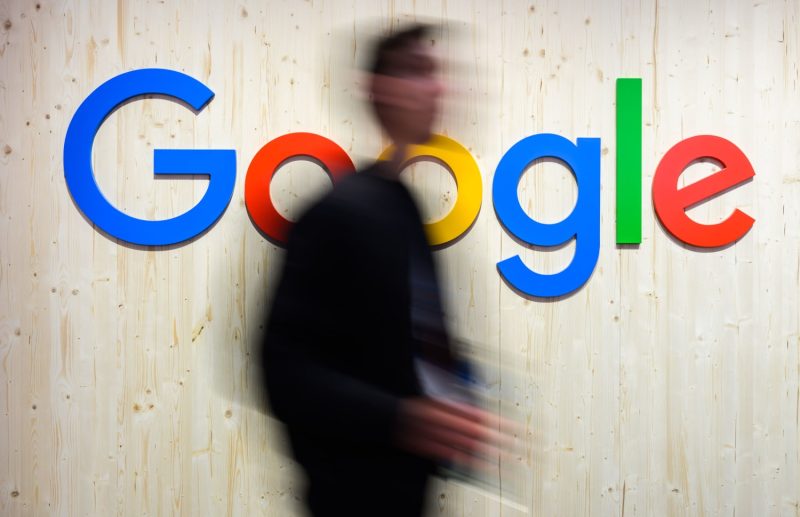Google’s antitrust trial is not a new phenomenon. However, the ongoing second trial has a more significant implication, particularly in shaping the future of online advertisements. Like the proverbial elephant in the room, the tech giant’s dominance in digital advertising is under severe scrutiny in the new lawsuit filed against it.
It’s intriguing to unravel this complex web of Google’s digital ads industry structure, simultaneously presenting an opportunity to investigate what this trial could mean for the future of online ads. Before delving into this, we must comprehend the crux of the matter—Why exactly is Google on trial again, and what does this have to do with online ads?
The Antitrust Lawsuit: A Closer Look
The U.S. Department of Justice (DOJ) and 11 other state Attorneys General filed an antitrust lawsuit against Google in October 2020. The lawsuit claims Google has been maintaining an illegal monopoly in search and search advertising. This re-trial comes after the first trial that took place in 2019, where the European Commission hit Google with a $1.7 billion antitrust fine for its restrictive laws on third-party websites.
The current lawsuit alleges that Google is exploiting its dominant position to create a self-preferring, anti-competitive environment in its flagship product – the advertising technology. In simpler terms, Google has purportedly created an artificial monopoly by deploying tools, like Google Ads and Google Ad Manager, that encourage a restrictive process where only Google platforms benefit.
The Effect on Online Ads Landscape
The DOJ lawsuit delves into Google’s alleged manipulation of the online ad market, which could have significant implications for the future of digital advertising. Suppose Google is found culpable of monopolistic practices. In that case, it could lead to the dismantling of Google’s overbearing control in the ad industry, paving the way for a more democratized online advertising ecosystem.
For advertisers, the implications could be broad-ranging. A guilty verdict might force Google to change its operations, therefore potentially adding more competition into the digital ads space. More competition could lead to lower ad prices, more options for advertisers, and potentially better-targeted ad experiences for users.
The Trial and Its Ripple Effects on the Tech Industry
If the Department of Justice can prove Google’s monopolistic manipulation of the online ads industry, it might harm the tech giant legally and financially, calling for a possible revolution in the digital advertisement landscape.
This could potentially make way for legislation or regulations that curb the power of giant tech






























